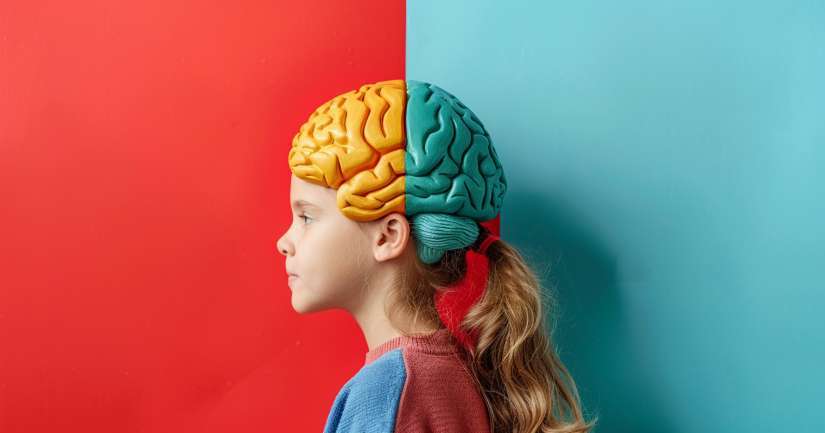
Discover how well you manage tasks, stay focused, and control impulses with our Executive Function Disorder Quiz. This quiz will give you insights into your cognitive skills. Identify areas where you excel and pinpoint where you might need improvement. Our questions are designed to be straightforward yet revealing.
Gain a deeper understanding of your strengths and weaknesses. Learn strategies to boost your productivity and efficiency. Take the quiz now and start your journey toward better mental organization. Get ready to unlock your full potential.
Executive Function Disorder – FAQ
What is Executive Function Disorder?
Executive Function Disorder (EFD) is a condition that impacts an individual’s ability to manage tasks, organize activities, and make decisions. It affects cognitive processes such as planning, working memory, and impulse control. People with EFD may struggle with time management and goal-setting.
